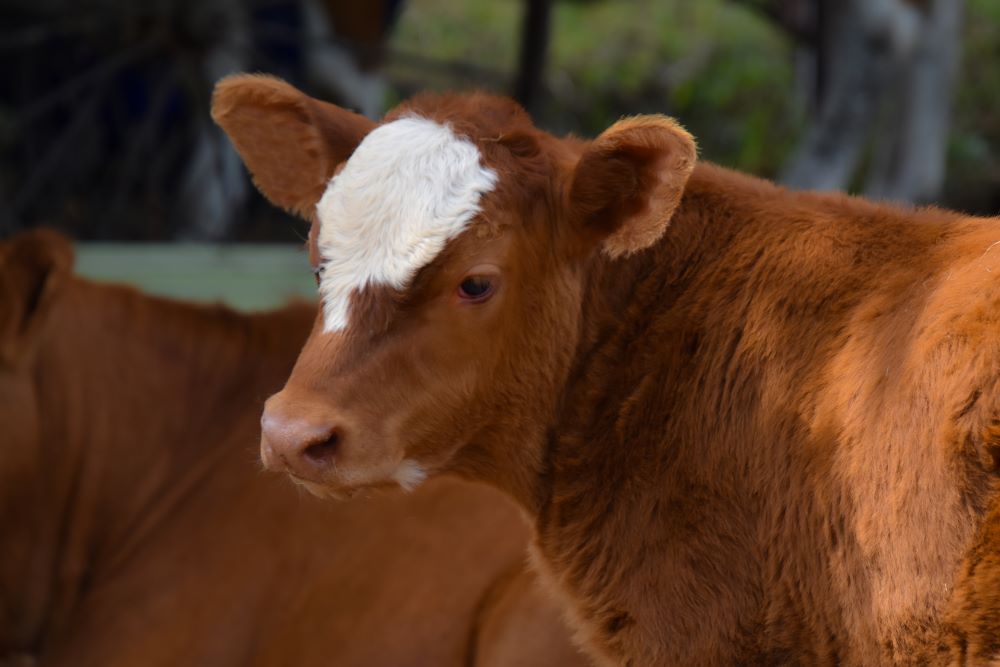
The government is claiming that a new bill, introduced to Parliament on Monday (4 December), will end the export of animals for the sole purpose of being killed, if passed.
The Animal Welfare (Livestock Exports) Bill, which is sponsored by Department for Environment, Food and Rural Affairs (DEFRA), under environmental secretary Steve Barclay, will prevent cattle, sheep, goats, pigs and horses from being transported cross-border only to be “fattened and slaughtered”. The practice is highly controversial, due to the distress inflicted on the animals by long journeys.
Trade implications
Asked how the bill could affect food trade, Institute of Export and International Trade (IOE&IT) trade and customs specialist Matt Vick said the economic impact would likely be minimal.
“Earlier attempts to introduce similar legislation in 2021 led to a gradual decline in the export of live animals specifically for slaughter,” Vick said.
“The more common practice has been to slaughter and process animals in the UK, and then export the Products of Animal Origin (POA) that result from this”.
He added that even before this there was “already a preference for domestic processing”.
Ahead of the introduction of the Border Target Operating Model (BTOM) on 31 January 2024, Vick said that "the bigger issue for agricultural exporters remains the competitive imbalance caused by the lack of full SPS checks on UK imports”. By contrast,
“the EU applied such checks immediately following the end of the transition period.”
“In addition, other factors such as the shortage of labour and phasing out of the EU subsidies place far greater strain on the UK’s agricultural output.”
‘Cruel and outdated’
While trade may be less affected, attempts to end livestock exports have been welcomed by animal welfare groups, which have criticised the practice of exporting animals for causing unnecessary suffering.
Compassion in World Farming’s global CEO, Philip Lymbery, described the bill’s introduction as “a historic moment” and said he hoped “a line will be drawn under the practice of sending sheep on journeys that can last many days, simply to be slaughtered on arrival”.
The RSPCA echoed this sentiment after fifty years of campaigning on the issue. Describing the “long, crowded journeys, mental exhaustion, physical injury, dehydration and stress” experienced by cattle when transported, assistant director of campaigns
and prevention, Kerry Postlewhite, said she looked forward to “the policy becoming a reality”.
Barclay celebrated the UK’s animal welfare standards, calling them “some of the highest in the world” and said the prospective ban shows the UK is “mak[ing] use of post-Brexit freedoms”.
EU reform?
But the European Commission will also be proposing legislation designed to improve the welfare of exported animals this month, according to the Guardian.
This followed the release of papers from animal welfare groups, including Compassion in World Farming and Europegroup, analysing EU cattle journeys between 2021 and 2023. Looking at 180,000 consignments of EU cattle destined for breeding or slaughter, the organisations found some animals had been faced journeys of over eight hours.
In response to the report, MEP Anja Hazekamp – who is also a member of the Dutch Party for the Animals – objected to the current practice, saying it was “ridiculous that animals are sent as far as Brazil and Colombia” and raised the wide-ranging impact
of the practice, the implications for the climate, biodiversity and human health.
Backbench battle
The BBC reports the UK bill’s introduction is a response to a wider push from backbenchers to revive animal welfare pledges made as part of the Conservative Party’s 2019 manifesto. Alongside bans on the export of live animals, Conservative backbench MPs have recently used Private Member’s bills to instigate discussions on other animal welfare issues. Selaine Saxby moved to ban the import of dogs, cats and ferrets, while Anna Firth introduced a bill to criminalise pet abduction.
The last attempt to introduce legislation banning livestock exports was the Animal Welfare (Kept Animals) Bill, which entered the Commons in May 2022 but was withdrawn in June of this year.
The withdrawal was an attempt to prevent the scope being widened to encompass bans on the use of animals in hunting – a divisive issue within the Conservative Party, the BBC reports. The current
Animal Welfare (Livestock Exports) Bill, is also sponsored by former DEFRA secretary, George Eustice
A date is yet to be set for the bill’s second reading stage, when MPs will be able to debate it.



